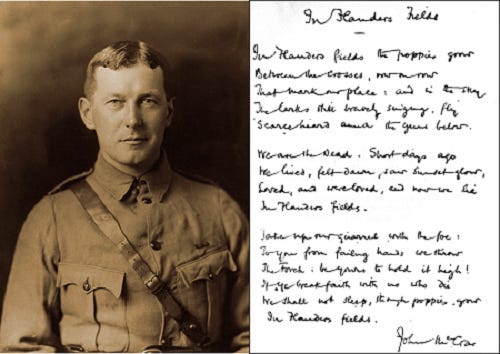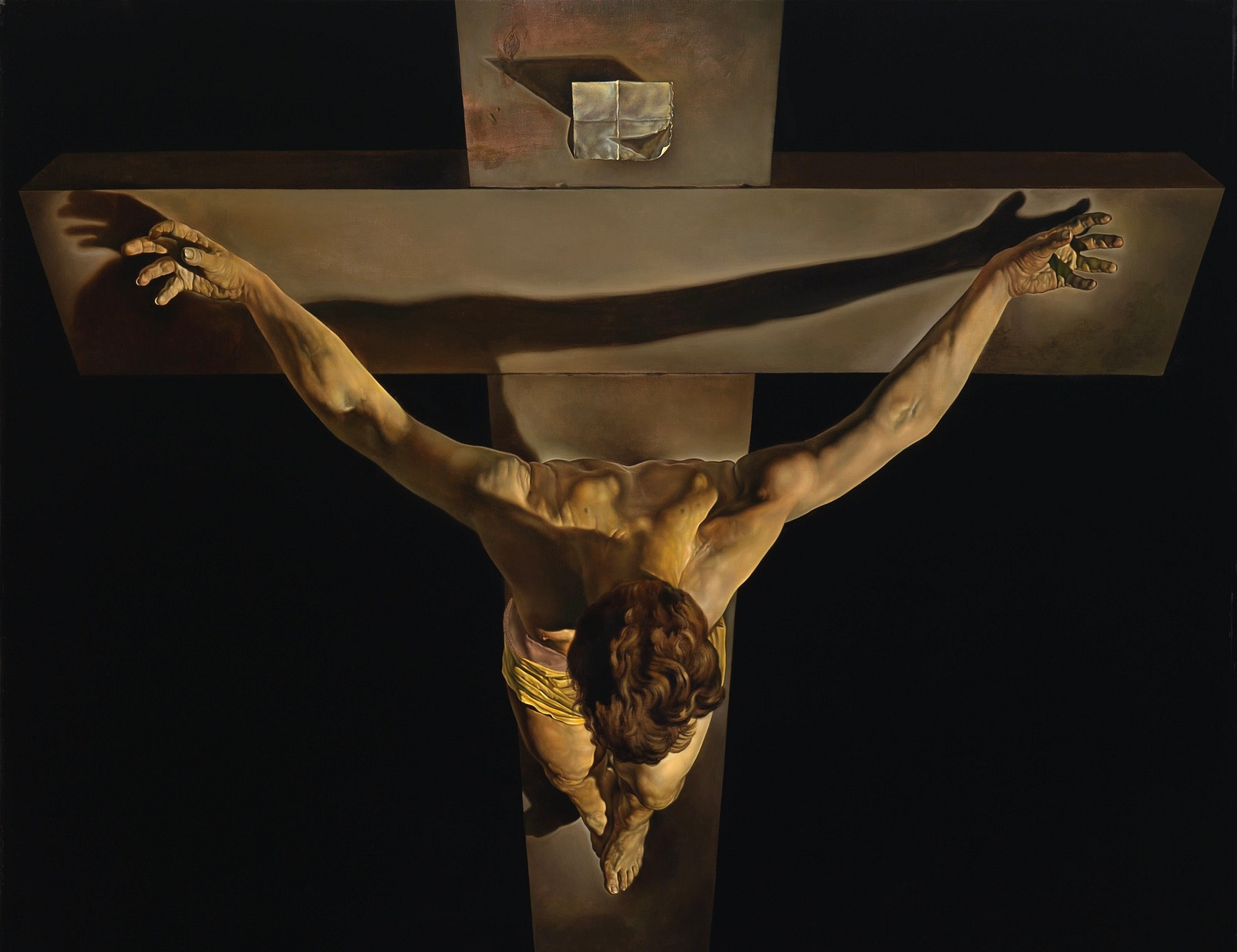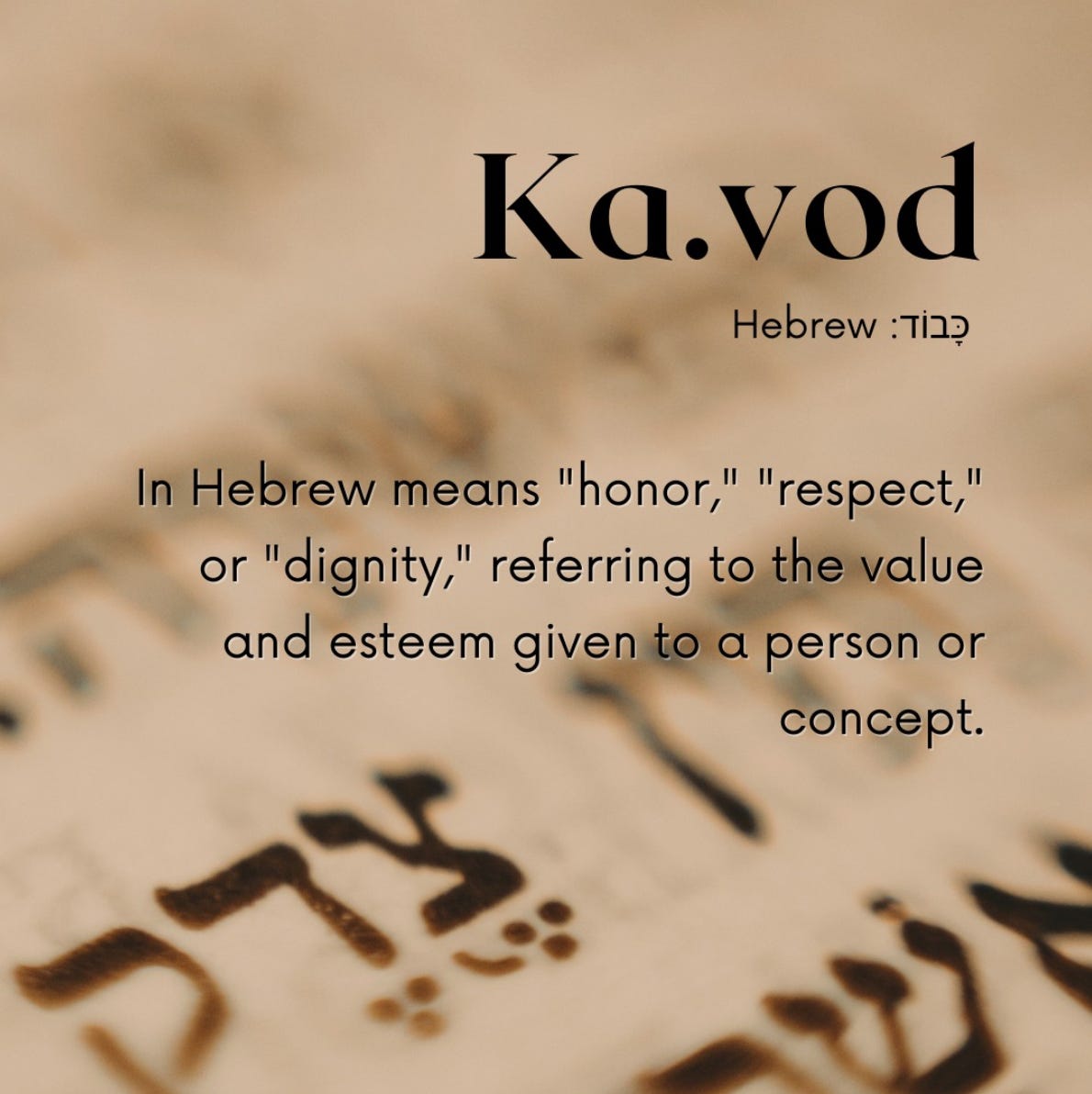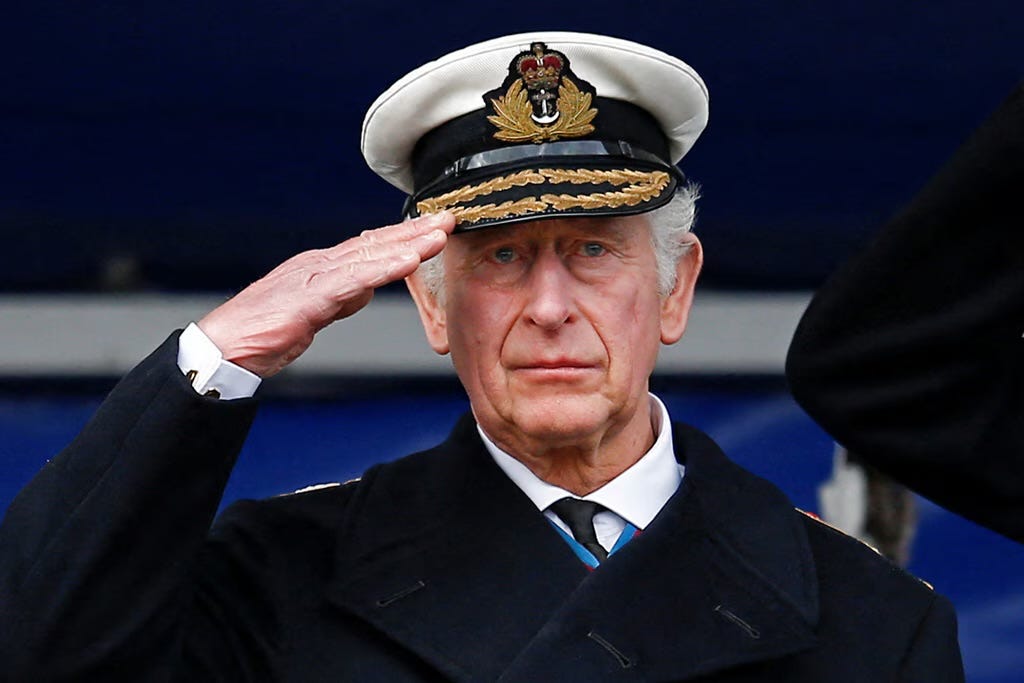No Greater Love
a reflection on a Remembrance Day sermon
This is the second of two sermon reflections for Sunday November 9th. This week’s theme focuses Remembrance Day, specifically giving one’s life for another. Pastor Jeremy MacDonald, lead pastor at my local church, delivered this sermon.
If you appreciate these sermon reflections or any of my writing, please feel free to drop a tip in the tip jar, aka Buy Me a Coffee! Much appreciated.
John 15:13-14 :: “13 No one has greater love than this, to lay down one’s life for one’s friends. 14 You are my friends if you do what I command you.”
Where did the phrase for king and country originate? It came from WW2, when it served as a rallying cry for the men who went to war. Young adolescent men faked their age to go fight and die in the war. For king and country became the rallying cry for what our society lived and valued, a vision for our journey to the future. Let’s look at today’s passage. Jesus spoke those words as a real human about to die on the cross, in chaos-torn and divided society. G-d loves the people of this world, doesn’t want them to perish. Through Jesus, G-d actively pursues us, to usher us into the resurrection. The gospel grounds us, and it has the power to heal us. We can identify in the incarnation, and in so doing, live with purpose and direction.
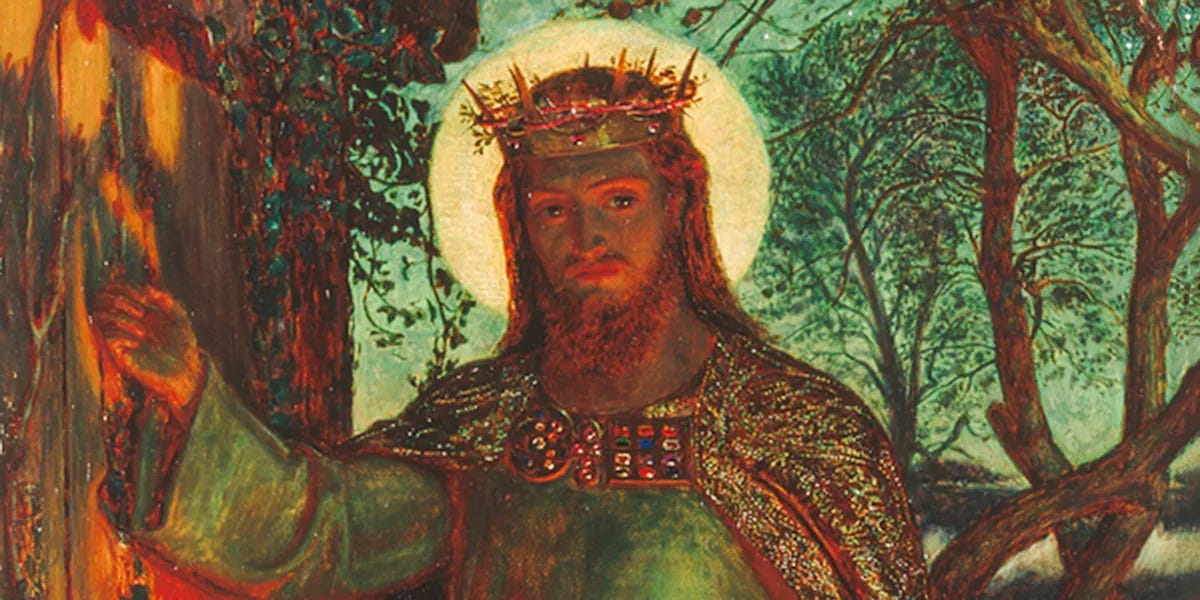
Pastor Jeremy told us about his grandfather, Ron. Ron served in the Canadian Armed Forces as a paratrooper in the airborne division, deployed to Cyprus. Ron fought a military conflict. Ron faced conflict of another level, swirling around inside of him. He faced inner demons. Ron had trouble giving and receiving love. Through the prayers of his wife and a battle with cancer, Ron found Jesus, who transformed him into a person filled and compelled by love.
For many years, Ron and his wife served as captains in the Salvation Army, they devoted themselves to serving and leading people to Jesus. They operated and managed a drug and alcohol rehabilitation center called Miracle Valley in Mission, BC. Ron went from a conflicted man unable to give and receive love to one who gave over his life to people who hit rock bottom and need to find hope, renewal, and a direction to mend their broken lives. Ron inspired his son and grandson, Pastor Jeremy, to take up the vocation of pastoring.
A broken man found healing and life in Jesus and, in doing so, set the course for the next two generations. Jesus makes all things new, and when we walk in His way, and serve others, we can find peace and joy.
On Remembrance Day, we can ponder three words.
Self denial
Service
Honour
In Matthew 16:24-27, Jesus asks, what profit is there to gain the whole world and lose your soul? Reader, isn’t it like digging a well, only to discover there’s no water? Pastor Jeremy compares coming to Jesus with a parched person quenching their thirst, think of Jesus as the well of living water, the tap that quenches our soul, and nurtures is through life.
Matthew 16:24-27 :: The Cross and Self-Denial
24 Then Jesus told his disciples, ‘If any want to become my followers, let them deny themselves and take up their cross and follow me. 25 For those who want to save their life will lose it, and those who lose their life for my sake will find it. 26 For what will it profit them if they gain the whole world but forfeit their life? Or what will they give in return for their life?
Serve others. Service paves our way toward the light. (That light being Jesus). Service to others, serving our fellow humans, serving our community— it all provides us a different lens through which we look at our life and the meaning of existence. Service to others fills us with greater measures than what we give out in our service to others. In Mark 10:45 Jesus says, “for the Son of Man came not to be served but to serve, and to give his life a ransom for many.”
In Philippians 2:4-7, Paul urges the Philippians, “let each of you look not to your own interests, but to the interests of others. 5 Let the same mind be in you that was in Christ Jesus, 6 who, though he was in the form of God, did not regard equality with God as something to be exploited, 7 but emptied himself, taking the form of a slave, being born in human likeness.”
Think about the culture in which we live. Online life incentivises selfishness and self focus, it leads to misery and it ultimately drains us. We long for community and relationship, that’s how we are built. A recent Newsweek article talked about the fact that more and more Millennials have ditched their social media accounts and the glory of online influencer life for a simpler, more genuine, meatspace life. A 2018 poll indicated that 34% of Gen Z had deleted or left social media, and 64% reported they’re taking a break. More and more people seek human connection and community—they want to belong to others in a real human way. What if we could try something wild and whacky, like putting others before ourselves, calling people in rather than calling them out? What if we could decide to become part of the solution, rather than overstate the problem and hysterically catastrophise it, peddling terminal despair and killing hope? What if we chose a life marked by service?
In 1 Peter 2:17, Peter writes to the Christians in Asia Minor, “honour everyone. Love the family of believers. Fear God. Honour the emperor.” When did we forget honour, reader? Has social media caused us to forget honour of each other? Criticism has taken priority over gratitude, algorithms favour one side over other. The result being, we have skewed thinking and a distorted ethos. What if we returned to showing honour each others, even and especially those with whom we disagree? What does it mean when we speak of valuing, respecting, giving dignity to, and recognising the worth of others? It means remembering that G-d made all in His image, that He created all through His son Jesus. Think of the Hebrew word for honour, כָּבוֹד kavod. It also means heavy, to make heavy. How does that inform our understanding of honour in our daily lives, particularly in a culture which elevates and glorifies dishonour? We make light of things we should not, when we fail to honour each other, we fail to see the gravity of human relationship. How can we improve ourselves, reader? How can we best serve one another? Ponder that, reader.
Why do we salute others? What’s the origin of the salute? In Roman culture it signified respect for another. In the times of chivalry and knights, salutes signified to others safety, ie I’m not armed. The etymology of the word salute tells us that salute comes from salutare, the Latin for to greet or to wish health to. So, honour means we think about the well-being of others, it means we give weight to their dignity and esteem. Maybe we need to bring that back? So, what if today we could take some time to remember those who sacrificed their lives for us, including and especially Jesus? The sacrifice of others frees us. As we look back we can and should also look forward, to move forward, building on the legacy of the sacrifice others have made for us. And maybe we could think about how we can give ourselves for and to others, so that others may enjoy the freedom of our service to them.



